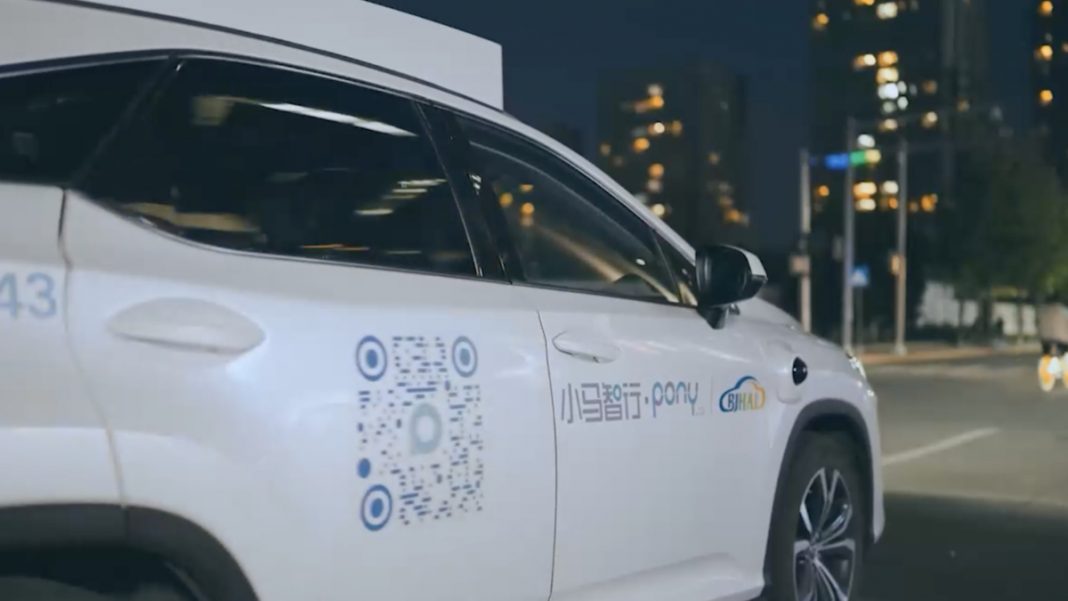SHANGHAI: Pony.ai is planning to bring its robotaxi service to Singapore as part of its plan to “get a foothold” in Southeast Asia, Japan, Australia, and the Middle East, according to Pony.ai chairman and CEO James Peng.
He said, “Our plan is really to get a foothold in these regions first, akin to throwing darts at a target”, adding that while the pace of expansion may vary, the company is actively pursuing expansion in all these markets and working closely with local regulators.
According to the South China Morning Post (SCMP), speaking at the Shanghai Auto Show on Wednesday, Mr Peng shared the company’s plans to expand globally, banking on lower production costs made possible by China’s lead in the car industry.
He said Pony.ai’s robotaxis are 20% to 30% cheaper than US rival Alphabet’s self-driving unit Waymo, mainly due to the company’s stronger integration, along with China’s mature supply chain and ecosystem.
The Guangzhou-based company rolled out its seventh-generation self-driving system and unveiled three robotaxi models built for mass production, developed together with Toyota, BAIC Group and GAC, on the opening day of China’s biggest car show.
While it did not reveal the pricing of its new models, the company claimed production costs have been cut by 70% compared to the previous generation.
“I think in the next two to three years the most significant improvement you’ll see in the industry is the scale-up,” Mr Peng said. He added that falling costs would lead to broader adoption and a significant rise in the number of self-driving taxis on the roads.
The company expects mass production of robotaxis to begin in the third quarter of 2025.
By 2028, Pony.ai aims to have a fleet of 50,000 robotaxis worldwide. It currently operates more than 250 robotaxis and nearly 200 robotrucks.
Earlier this month, the company’s European division received permission to test its level 4 autonomous vehicles in Luxembourg, following similar approvals in the US and South Korea.
In January, Pony.ai revealed plans to launch its robotaxi service in Hong Kong. Initially, the service was aimed at providing services for airport staff at Hong Kong International Airport, though no timeline was given. /TISG
Featured image by Depositphotos (for illustration purposes only)

